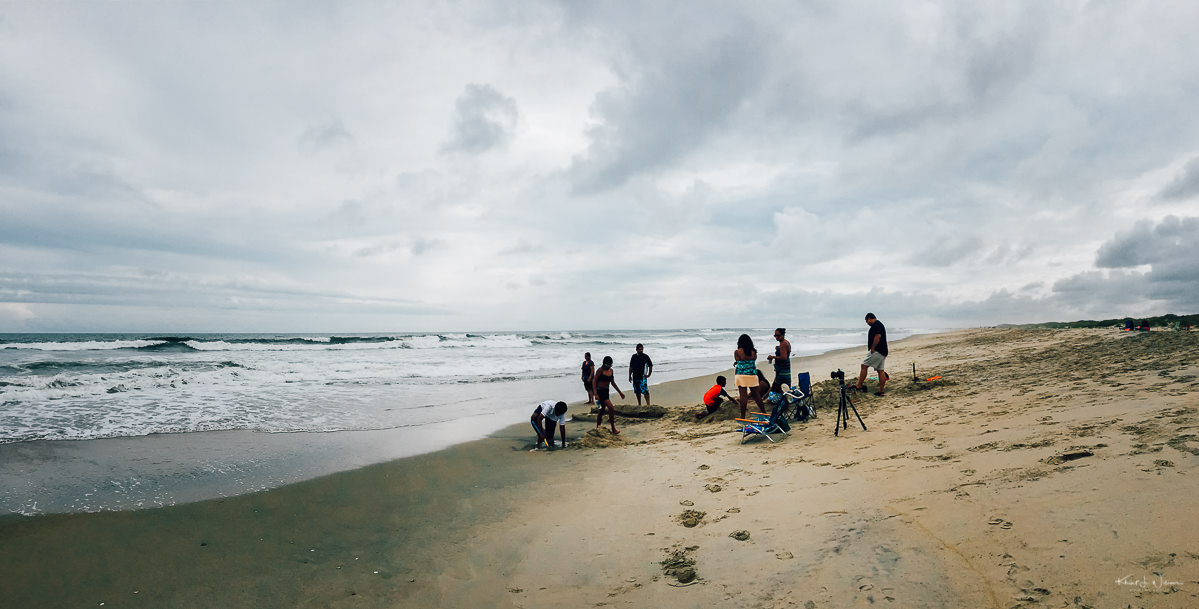One of my kids is showing signs of “failure to launch”.
Between our families, Bhavna and I have assumed some financial responsibility for two sets of parents.
We haven't been on holiday since 2015.
We will soon be paying for college-related expenses for two adult children.
The last time I bought a car was in 2006.
I'm 52 years old.


Er. No. That's not my mission. That may be your mission — not mine. What you write, isn't even psychologically healthy.
You see, my mother doesn't want to live in a condo/apartment. She wants to live in a house which she can't afford to keep up. My wife and mother do not get along, so moving in with us would likely trigger my wife's depression.
We have two kids in college, one of which refuses to get a summer job to help pay for his incidental expenses. He also keeps dropping classes, which means he may take longer to graduate so he can start repaying his loans. I co-signed those loans. If he defaults, that's on me.
My wife's parents refused to move in with her brother, who has a house with enough space for them. We pay for their apartment and their groceries and incidental medical expenses.
My wife and I have chronic progressive illnesses which will require significant care when we can no longer work. I have type 1 diabetes and thyroid eye disease. My wife has fibromyalgia.
So that statement feels too much like, "Your personal needs and wants are irrelevant. Only the needs and wants of others are important".
Point well taken. My fault for assuming my mission is everyone else's. Godspeed!
My wife is Indian. She was brought to the USA from India at a very young age. She has been told directly by her parents that the purpose of her life goal is to take care of them. They were not involved in helping her with college. My wife worked after school so she could save to buy a car. In college, she worked two summer jobs so she could afford books for the coming semester. She wanted to be a lawyer, but soon after qualifying to do paralegal work, her father lost his job. So she took a less demanding role in customer service so she should assume his mortgage and his debts and help her younger siblings with college expense. I think she's done enough "living for others".
Growing up in the USA, her parents provided the basics of life (food and shelter). My wife and her older sister were left to take care of (parent) the younger siblings, while her parents watched TV. So for my wife, she has been taking care of and focusing on the needs of others since she was about 13. She's 50 now.
Read up on the toll on caregivers: https://www.caregiver.org/caregiver-statistics-health-technology-and-caregiving-resources
My wife has been in therapy for several years dealing with this.
Another way of looking at these "distractions" from the red sports car, etc. is that they are the point.
Taking care of our children and our parents is why we are here; it's our mission. That an alternative version was held out to us by The Love Boat and Fantasy Island was an aberation.
We are here to support the next generations and honour the past ones; everything else is beside the point.
Which is not to say that life must suck. But for it not to suck, we need to change some definitions of what's primary and what's secondary.